
Gas cylinder involved
Just two days after warning people of the dangers of fires from barbecues, Devon and Somerset Fire and Rescue have been putting one out in Cullompton.
They were called around 1pm on Sunday to a property in Dorset Down Crescent, sending a fire crew from the town, another from Taunton and, give the involvement of a gas cylinder, the environmental protection unit from Taunton. After putting out the fire, they moved the gas cylinder from the back garden of the house and cooled it using a fine mist spray, monitoring it with thermal imaging equipment too. The barbecue was completely destroyed by fire and a small amount of damage too to a nearby garage. The fire is being treated as an accident.
In its general advice, the fire service says: "Recently, we have seen an increase in outdoor fires, many of these caused by small barbecues and fires getting out of control. We saw a peak in May this year - attending over 250 outdoor fires – over 40 per cent above what we would usually expect to see during the month. One hundred of these fires were in residential areas and involved burning rubbish, vegetation or barbecues that had got out of control. These fires can often be prevented with a little planning, such as:
- Making sure your barbecue is placed on a non-flammable surface, and is away from fences, trees and sheds.
- Never using petrol or paraffin to start, or revive, your barbecue - use only barbecue fire lighters or starter fuel on cold coals.
- Never putting hot ashes straight into a dustbin or wheelie bin - they could melt the plastic and cause a fire. Either wait for the ashes to cool naturally, or use plenty of sand or water. Then think about very careful disposal.
- Not having bonfires – make use of composting or garden waste disposal instead. If you must have one, use a metal incinerator to contain it, and locate it well away from anything flammable – including trees, long, dry grass, sheds, houses, garages and cars.
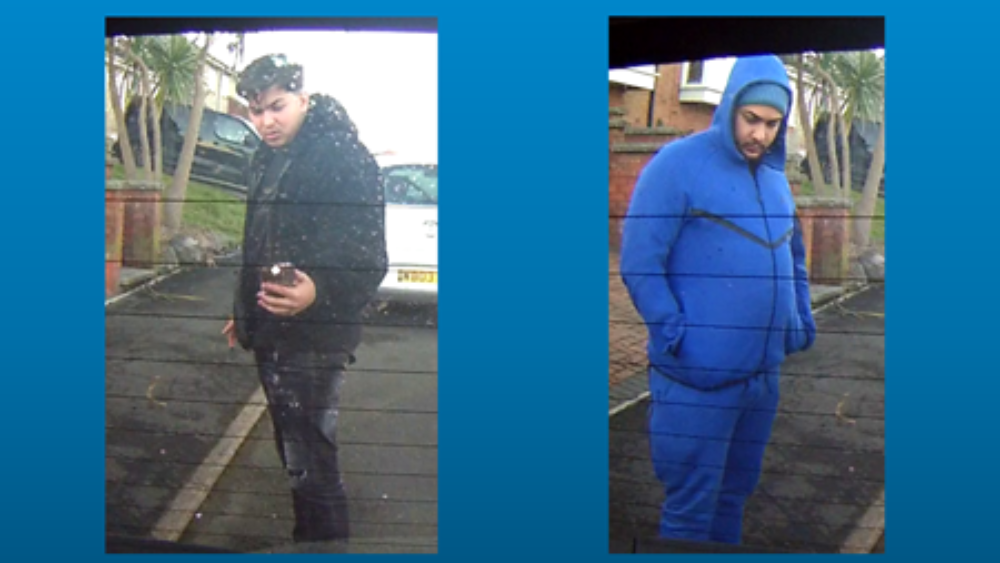 Cars damaged in bid to buy cheaper
Cars damaged in bid to buy cheaper
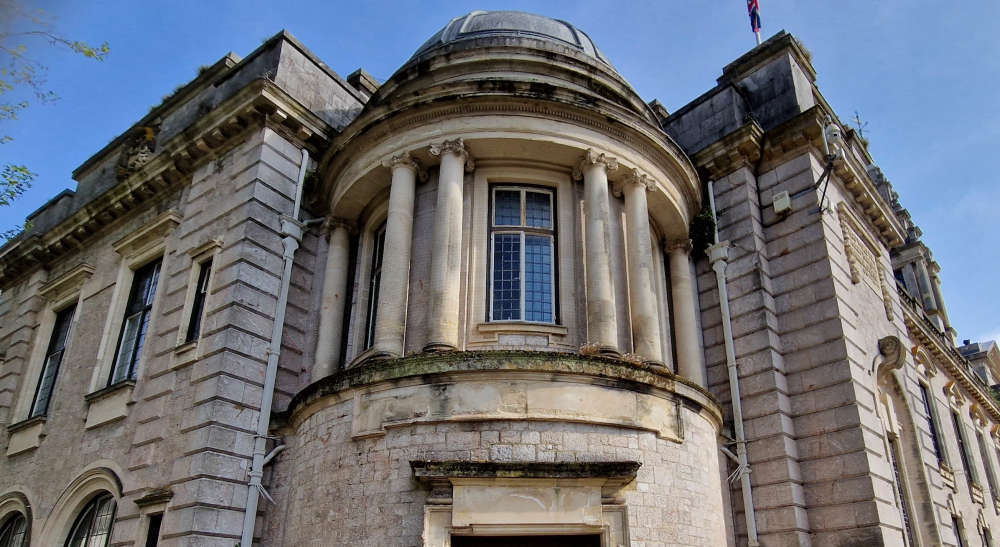 Torbay Council considers 'fire and re-hire' in pensions wrangle
Torbay Council considers 'fire and re-hire' in pensions wrangle
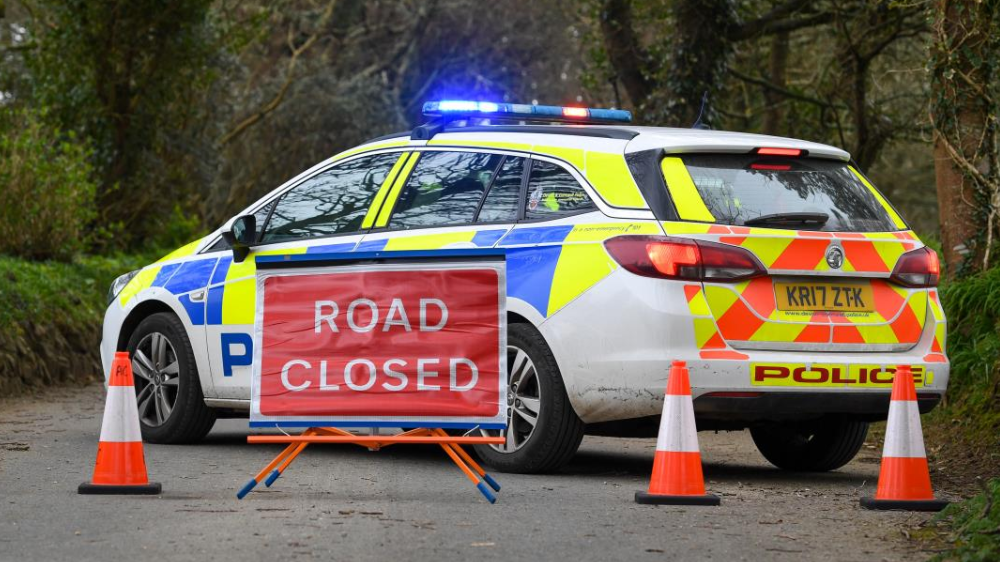 Elderly pedestrian hit by car in Paignton crash
Elderly pedestrian hit by car in Paignton crash
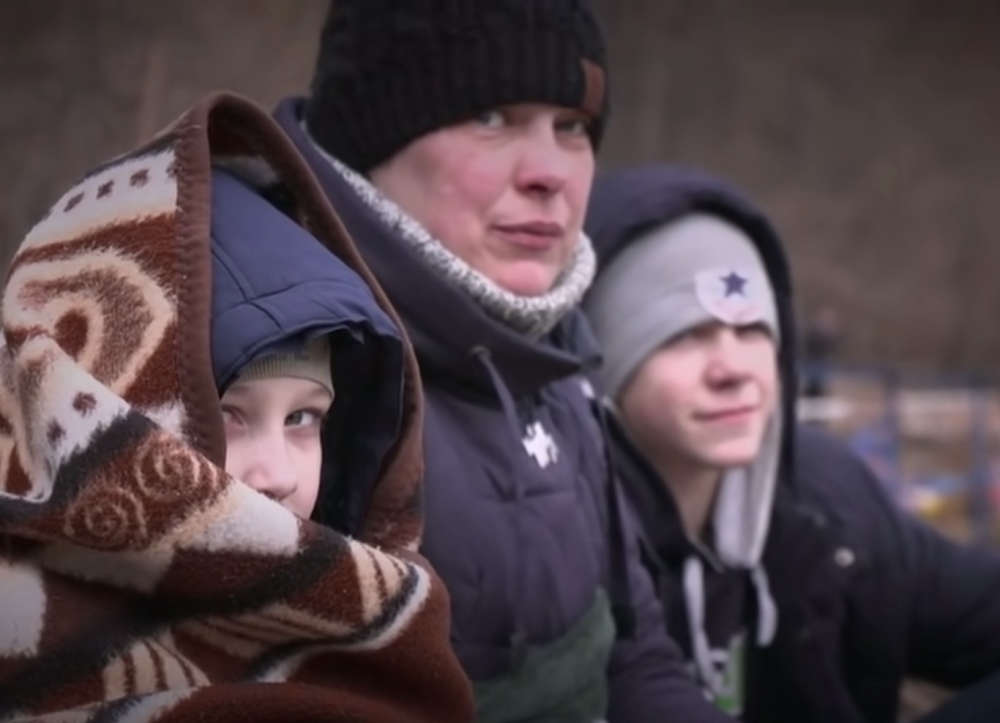 Top up payments for Ukrainian hosts in North Devon
Top up payments for Ukrainian hosts in North Devon
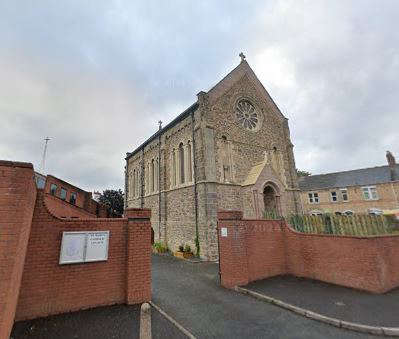 Plans submitted to join two catholic churches in Barnstaple
Plans submitted to join two catholic churches in Barnstaple
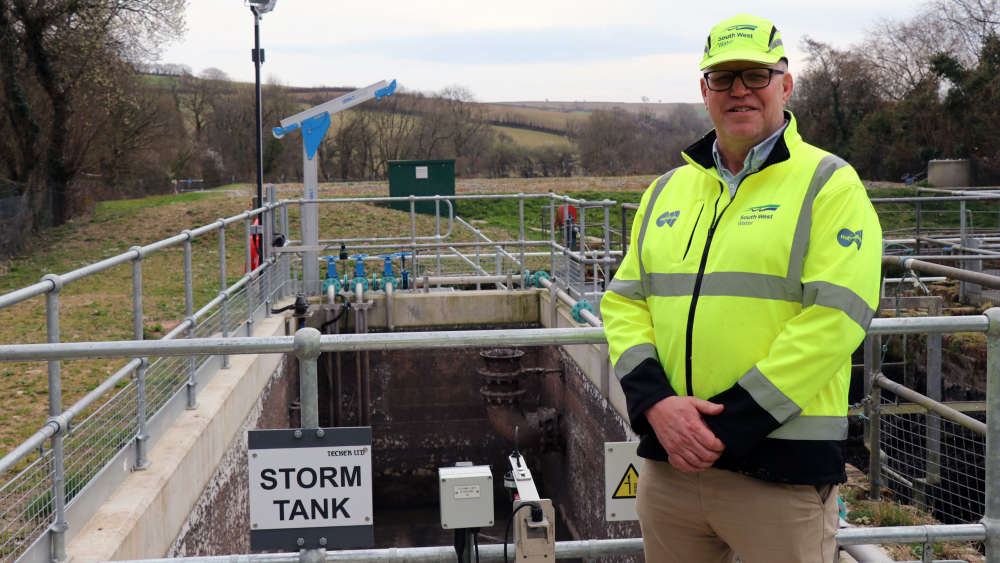 North Molton storm overflows halved
North Molton storm overflows halved
